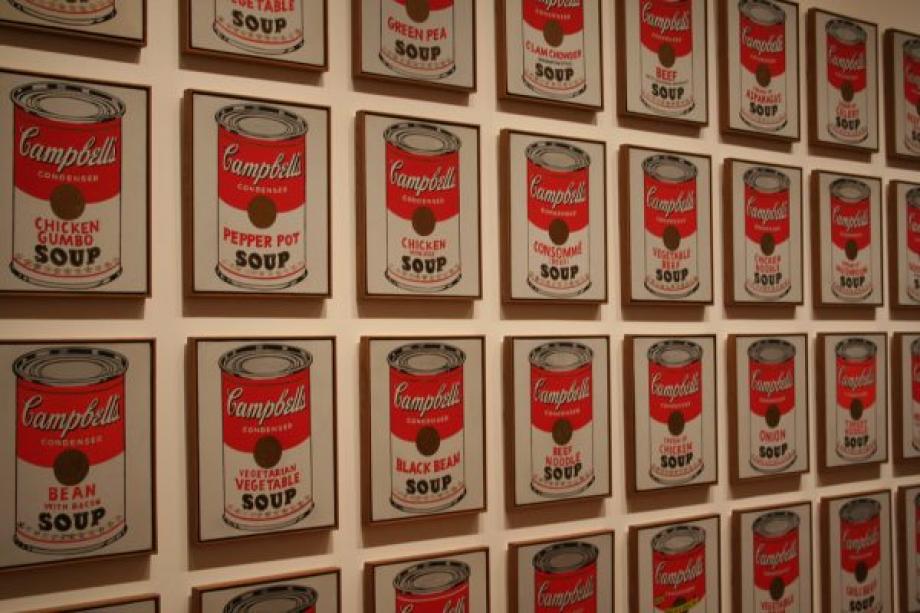Currently, there are more than 65 million displaced people, refugees, asylum seekers in the world.
This movement causes a crisis in many countries around the world and discussions about asylum seekers, migration, integration, assimilation and multicultural societies are taking place in many countries, quite often initiated by right wing populism. Many people fear the influx of migrants and asylum seekers. Sometimes it is pure refusal of foreigners, sometimes it is the fear of sharing collective goods.
Where does this reluctance and fear come from? Is it a cultural thing? To answer these questions I needed to think about diversity and its opposite, nationalism.
Diversity
Diversity can be
- an asset: it might be good have different points of views and approaches to tackle problems, achieve something, find solutions.
- a burden: it might be difficult to understand each other and to communicate and the risk of refusal or hate is relatively high
- costly: diversity comes with different languages and cultures and for keeping it, a certain infrastructure is needed. A state might face difficulties to maintain such an infrastructure. To be economically successful, a certain kind of standardisation and uniformity is needed, which includes mainstreaming communication, behaviour and cultures. Keeping diversity costs time, money and other resources.
Nationalism
Nationalism is based on a common identity, culture and language which means in consequence getting rid of diversity. Migrants from different cultures pose a challenge to a national state, which wants to keep its identity, and right wing populism plays on that. Nationalism is used to counter diversity which comes with immigration.
States dealt and are dealing very differently with that challenge:
Reducing/eliminating cultural differences
This can be done through genocide (Tutsi), by expelling migrants, providing separate settlements (reservoirs for Red Indians, ghettos for Jews), through marginalisation (black people , Aborigines, etc.) and by the request of assimilation (giving up one’s own culture).
A very topical example of marginalisation is the so called threat of Islam, done by linking Muslims to a group of Islamists, which are misusing the Islam for their violent actions.
(All these measurements are also approved methods to get rid of any opposition in a country.)
In western democracies, it’s often done by imposing the culture and language of the immigration country for everybody through integration programs, media, the educational system, access to the social welfare system and citizenship. These measurements are aiming to strengthen the power of the immigration country.
States following this way are e.g. the USA, France and Germany.
Accepting differences
Done by tolerating differences, sharing responsibilities and rights collectively, giving autonomy to minorities in a federal system.
Countries handling diversity in this way are Switzerland, Belgium and still the Netherlands.
Of course, the majority has the right to control immigration, but if migrants are in the country, they should be accepted as equal.
I believe that dealing with diversity depends on how a state sees itself in relation to other states, peoples and groups. The national self-understanding can be based on equality or on the superiority of one’s own people. The treatment of minorities and foreigners is the reflection of this self-understanding.
I personally prefer diversity over a mono-culture, even if it’s challenging.
What are your thoughts about this topic?

